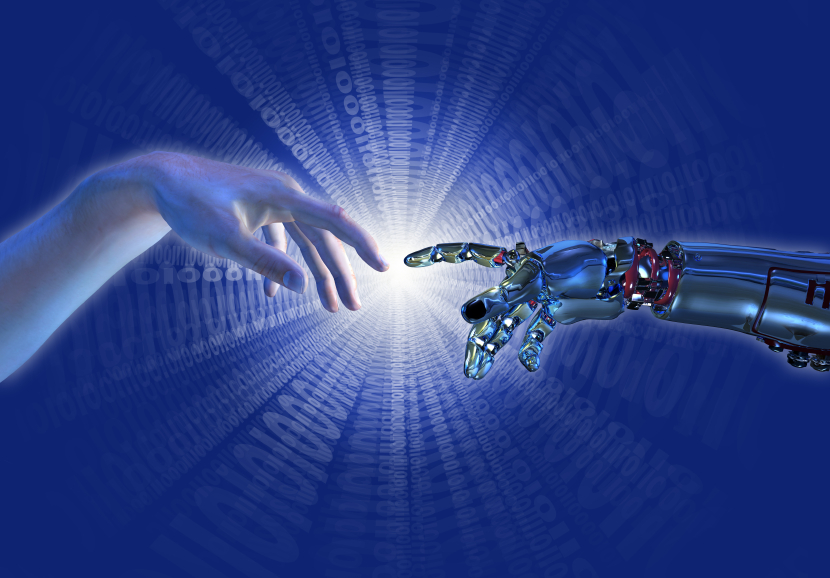Scientific advances are such that the most disturbing science-fiction scenarios are nowadays taken into account.
Last week on the Reddit site, Bill Gates announced that he was “concerned by the rapid progress of artificial intelligence”. Although artificial intelligence and robots could create numerous jobs, they would also pose a real threat that must be carefully considered.
In August 2014, Elon Musk reported via IA that it “was potentially more dangerous than atom bombs”. Similarly, astrophysicist, Stephen Hawking emphasised that it could be “humanity’s greatest invention but could also spell the end of the human race”.
The main risk of independent artificial intelligence would come from its ability to redefine itself at top speed – a capacity that would make it very difficult to control. Technological advances would therefore be faster than biological progress and would make cooperation between man and machine problematic, even dangerous.
In order for machines to stay at the service of mankind, E. Musk encourages the creation of national and international controlling organisations. For its part, the American organisation, Future Life Institute, is working to monitor any spin-offs from technological progress and to investigate their impacts on man.
An awareness of these problems is increasingly spreading as shown in “brain week”, which started yesterday, 16 March, and which will continue until 22 in 30 towns/cities across France and in 62 countries around the globe.
Valeurs Actuelles (Tribune de Philippe Coué), 17/03/2015 – Sciences et avenir (Louise Loumé), 16/03/2015

